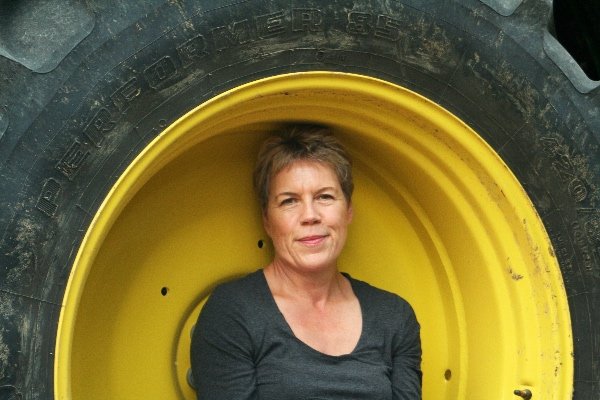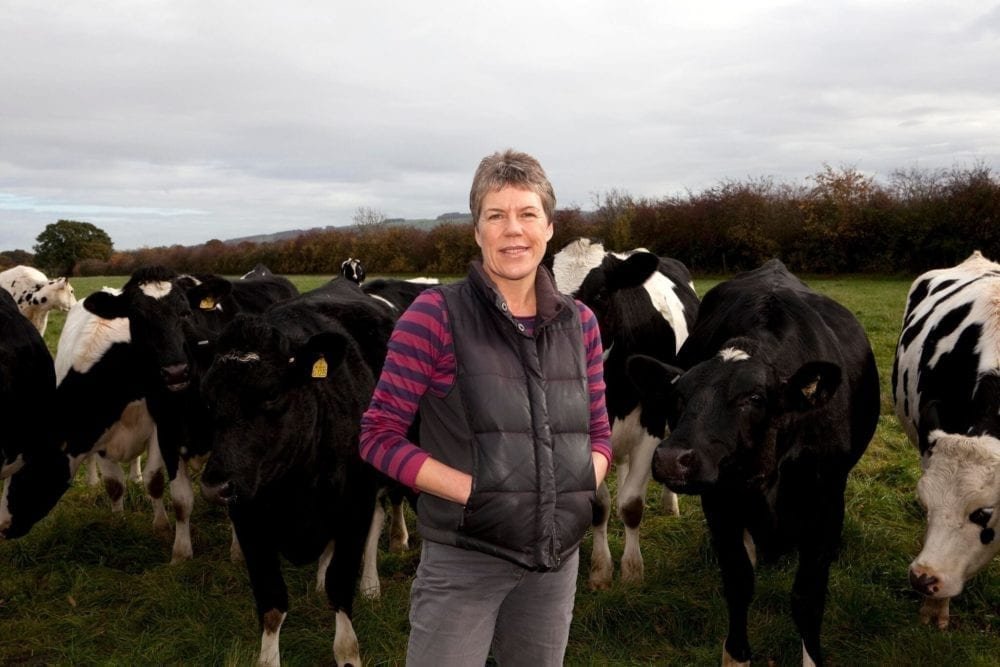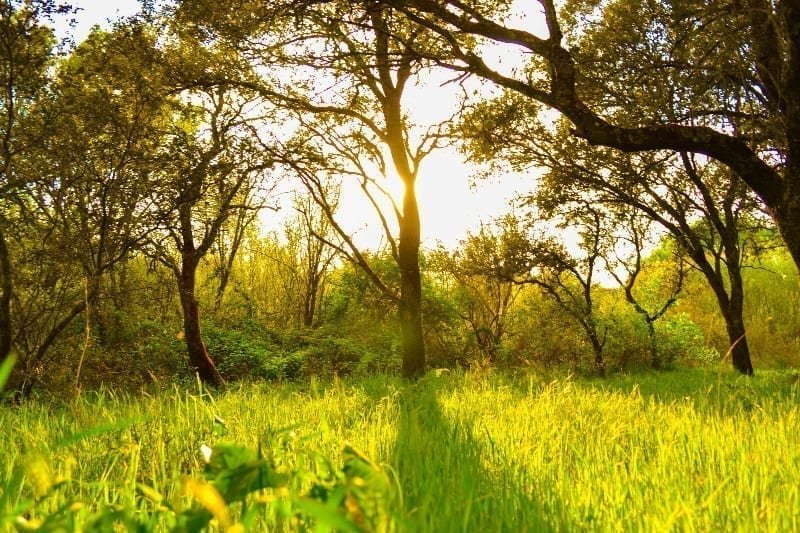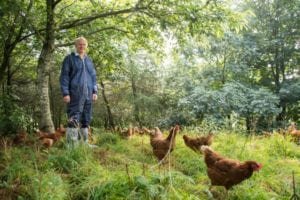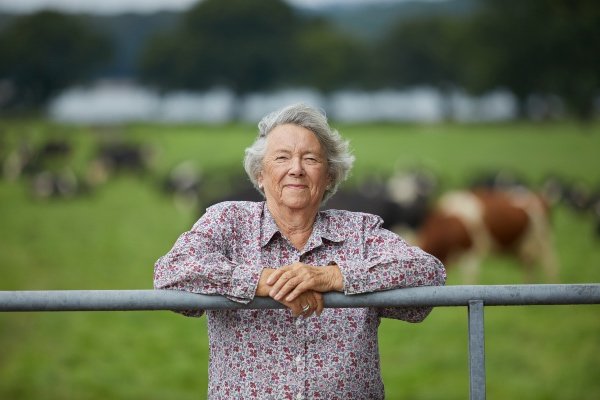This article first appeared in our International Women’s Day issue of My Green Pod Magazine, published 08 March 2024. Click here to subscribe to our digital edition and get each issue delivered straight to your inbox
According to the Office for National Statistics (ONS), the number of women employed in farming, forestry and fishing has fallen from a peak of 215,000 in 2015 to 68,000 today.
This feels counter-intuitive to me; not only is there an increasing focus on diversity in these traditionally male sectors, but today women seem far more visible and, in my experience, more numerous, than in the past.
I started to think about becoming a farmer in the ‘70s; there didn’t seem to be many women around – and there was no sign of ethnic diversity either.
It wasn’t, of course, that women weren’t involved in farming; the ‘farmer’s wife’ was probably holding it all together on many family farms, rearing the calves, doing the books, keeping everyone sane and fed. But they were not recognised as ‘the farmer’.
Post-war farming
As farms became larger and more profitable in the post-war era – it’s hard to believe but there was a spell from the ‘50s through to the early ‘80s when it was possible to make money on the land – many farmers, certainly in England, did much less of the day-to-day work themselves, and their wives likewise.
My mother was strongly opposed to the idea of me farming; it was simply not what girls should aspire to do.
Luckily I had the role models of my great aunts – four sisters who lived together on the family farm, running it and their lives with what always seemed to me to be glorious independence.
They perhaps continued the short-lived era of the land army; when the men went to war, women were needed to keep food production going, and we were liberated from domesticity and allowed, even encouraged, to wear the trousers.
When the survivors returned needing jobs, this seems to have rapidly reversed – except there were fewer men than women for a period.
Some, like my great aunts, remained unmarried and in their case continued to live from the land.
Apart from them, ‘conventional’ farming circles seemed devoid of women either running their own farming businesses or being employed in senior management roles.
So it was with some joy and surprise, as I began to get involved in the organic movement in the ‘80s, that I realised: ‘Ah, this is where all the women are!’
 Play Video about This Rock Might Just Save The World
Play Video about This Rock Might Just Save The World Play Video about Play 2 hours of rock
Play Video about Play 2 hours of rock Play Video about Play 2 hours of brook
Play Video about Play 2 hours of brook Play Video about Play 2 hours of sheep
Play Video about Play 2 hours of sheep

















